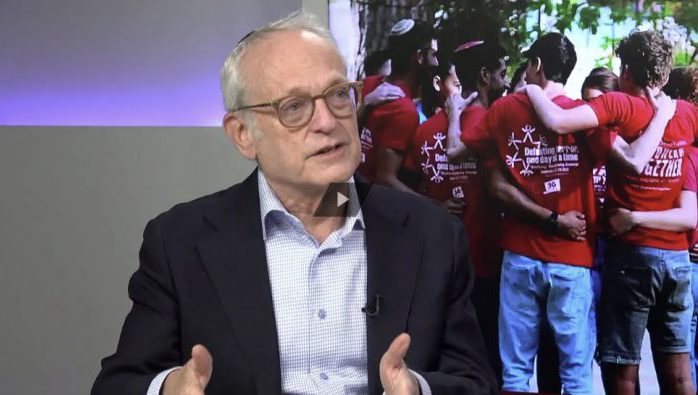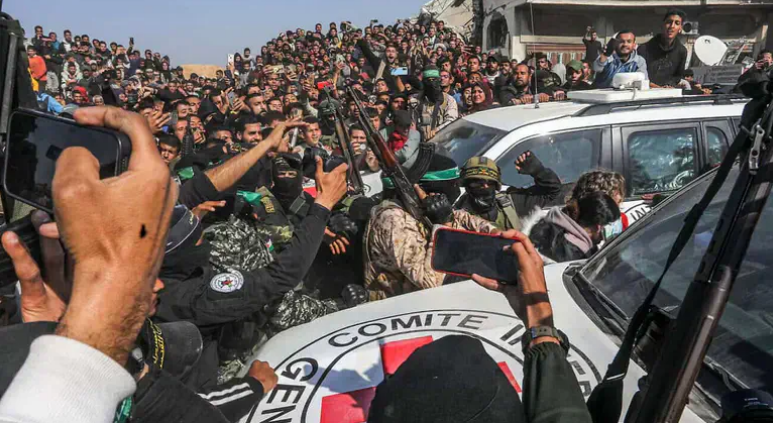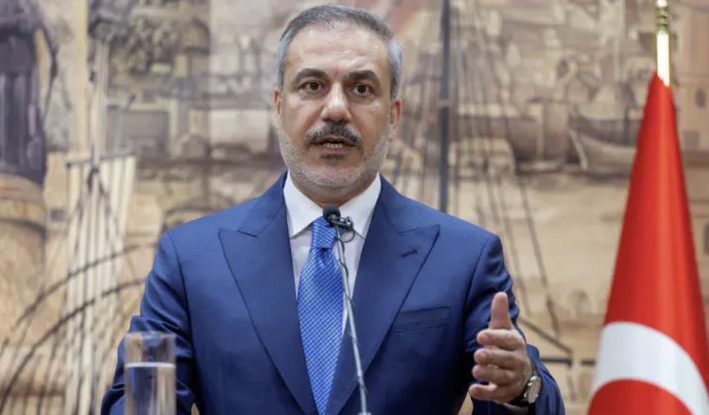OneFamily founder Marc Belzberg tells Arutz Sheva about the organization’s growing initiatives to support more than 1000 families who have lost loved ones since the October 7th massacre.
The OneFamily organization for bereaved families spoke with Arutz Sheva – Israel National News about the immensely increased challenges they have faced since the October 7th massacre.
“We have a dual responsibility today,” said Marc Belzberg, founder and chairman of OneFamily. “Taking care of the present and taking care of the past. Because OneFamily’s attitude is: we’re there for you forever.”
As war reignited deep traumas, even families who lost loved ones years ago found themselves reliving their pain. “A new alarm, a new bomb going off triggers a reaction,” said Belzberg. “It takes them back to the past and causes the sense of trauma and fear again.”
To reach these families, OneFamily has launched a nationwide outreach initiative, sending volunteers and counselors to visit more than 1,000 homes of children who have lost siblings or parents. “We’re going to their houses, bringing them gifts, hugs, telling them ‘We’re here with you. Relax. Camp’s coming up in a few weeks, please God, if this is over,’” said Belzberg.
The organization, once divided into three regions, now operates across ten geographic areas of Israel. Each region is assigned a coordinator responsible for regular check-in calls with bereaved families, both old and new. “It’s a simple call,” Belzberg said. “‘How are you? Can we help you? What can we do for you?’”
The October 7th massacre marked a breaking point in the scale of OneFamily’s work. “In one year, we had almost the number of people killed as were killed over the 20 prior years,” Belzberg explained. “There’s been an avalanche of need, and as a result of that, we needed more staff to scale up.”
A cornerstone of OneFamily’s response has been taking victims out of Israel temporarily, away from sirens and headlines, for therapeutic retreats. “We’ve taken away 1,800 people in the last year and a half,” Belzberg said. “Parents who lost kids, kids who lost siblings, young adults. We take them away for a week, usually in groups of 30 or 50, with at least three psychologists.”
But the key isn’t just the escape, it’s the bonding. “The foundation of healing from bereavement in trauma is being with people like yourself,” Belzberg said. “They form a group that went through the experience together. When one guy’s crying in the middle of the night, he can call his friend. Because his friend understands.”
OneFamily’s approach is highly tailored. “We have widows with kids and widows without kids, two different kinds of grief. We’ve started new groups for grandparents who lost grandkids. And we have grandparents whose daughters lost children, they want to help, but not be too much in the way.”
Every case begins with the traditional seven days of mourning. For OneFamily, this is the most delicate yet vital entry point. “We want them to know from the very beginning: they are not alone,” said Belzberg. “We’re there when the house is full of people, and we’re still there the day after everyone else leaves.”
Beyond emotional support, the organization also delivers critical financial assistance, often before the first therapy session begins. Belzberg cites Facebook executive Sheryl Sandberg’s grief memoir Option B as an inspiration, especially its insight that trauma recovery is impossible without financial stability.
“You can’t solve their emotional problem without solving their financial problem,” Belzberg said. “Half of the over $100 million we’ve spent over the years was financial support. The government payments just aren’t enough.”
OneFamily recently brought 108 children who lost both parents into its care, some adopted by relatives, others choosing to live independently. The organization arranged international retreats for these groups: two weeks in Mexico for newly formed adoptive families, and a bonding trip to Lapland for older orphans. “The idea is to create joy and structure in a new family unit, and for older teens, to build a new community among peers.”
As the scale of the crisis grows, so does the cost. “Our annual budget has tripled, and it probably should quadruple,” Belzberg said. “We’re spending three to four years’ worth of money in one year.” Until now, OneFamily had never had a dedicated fundraiser on staff, relying instead on grassroots support from over 40,000 donors. “But now we have to hire someone,” Belzberg admitted. “My wife, a few friends, and I can’t do it alone anymore.”
Volunteers remain central to the mission, especially the more than 100 counselors assigned to individual children. “They’re unpaid. But they call their kid every Shabbat, visit once a month, and stay with them for years,” said Belzberg. “It’s an intimate relationship.”
One example speaks volumes: a boy who lost his father at age six, joined OneFamily’s camp at seven, served in the IDF’s elite undercover Duvdevan unit, and recently lost a leg in battle. “We’re still with him,” Belzberg said. “Helping him find doctors, housing, and figuring out his next steps in life.”
Asked about his feelings about the activity of the organization, Belzberg was candid. “Personally, it’s taken a toll. I have my own anxieties, my own medications. Being with grieving families all day affects you.”
But the mission remains unchanged. “Principle number one,” Belzberg said. “No one should ever be alone.”





